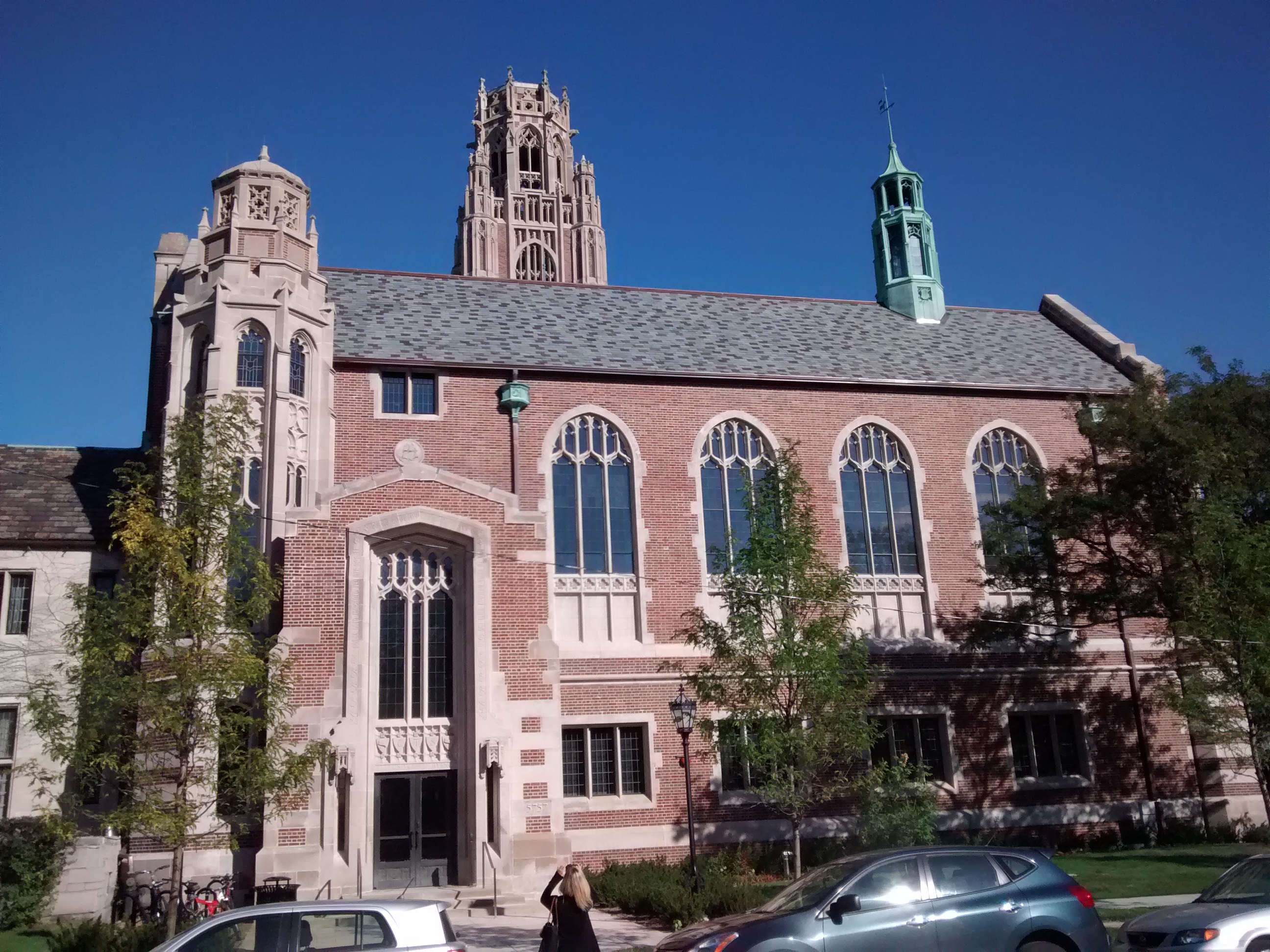Becker Friedman Institute for Research in Economics on:
[Wikipedia]
[Google]
[Amazon]
 The Gary Becker Milton Friedman Institute for Research in Economics is a collaborative, cross-disciplinary center for research in economics. The institute was established at the
The Gary Becker Milton Friedman Institute for Research in Economics is a collaborative, cross-disciplinary center for research in economics. The institute was established at the
 The Gary Becker Milton Friedman Institute for Research in Economics is a collaborative, cross-disciplinary center for research in economics. The institute was established at the
The Gary Becker Milton Friedman Institute for Research in Economics is a collaborative, cross-disciplinary center for research in economics. The institute was established at the University of Chicago
The University of Chicago (UChicago, Chicago, or UChi) is a Private university, private research university in Chicago, Illinois, United States. Its main campus is in the Hyde Park, Chicago, Hyde Park neighborhood on Chicago's South Side, Chic ...
in June 2011. It brought together the activities of two formerly independent economic research centers at the university: the Milton Friedman Institute for Research in Economics and the Becker Center on Chicago Price Theory.
The institute is named for two globally influential economists: Gary S. Becker (1930–2014) and his mentor, Milton Friedman
Milton Friedman (; July 31, 1912 – November 16, 2006) was an American economist and statistician who received the 1976 Nobel Memorial Prize in Economic Sciences for his research on consumption analysis, monetary history and theory and ...
(1912-2006), both winners of the Nobel Memorial Prize in Economic Sciences
The Nobel Memorial Prize in Economic Sciences, officially the Sveriges Riksbank Prize in Economic Sciences in Memory of Alfred Nobel (), commonly referred to as the Nobel Prize in Economics(), is an award in the field of economic sciences adminis ...
. While they pursued different scholarly paths, Becker and Friedman shared a fundamental belief that economics, grounded in empirical research
Empirical research is research using empirical evidence. It is also a way of gaining knowledge by means of direct and indirect observation or experience. Empiricism values some research more than other kinds. Empirical evidence (the record of one ...
, is a powerful tool to understand human behavior. While Friedman is known for his lasting contributions to macroeconomics
Macroeconomics is a branch of economics that deals with the performance, structure, behavior, and decision-making of an economy as a whole. This includes regional, national, and global economies. Macroeconomists study topics such as output (econ ...
and monetary economics
Monetary economics is the branch of economics that studies the different theories of money: it provides a framework for analyzing money and considers its functions (as medium of exchange, store of value, and unit of account), and it considers how m ...
, Becker is recognized for extending microeconomic
Microeconomics is a branch of economics that studies the behavior of individuals and firms in making decisions regarding the allocation of scarce resources and the interactions among these individuals and firms. Microeconomics focuses on the ...
analysis to a wide range of fields and topics such as marriage, the family, criminal behavior, and racial discrimination.
A collaboration of the University of Chicago Booth School of Business
The University of Chicago Booth School of Business (branded as Chicago Booth) is the Postgraduate education, graduate business school of the University of Chicago, a private university, private research university in Chicago, Illinois. Founded in ...
, Law School
A law school (also known as a law centre/center, college of law, or faculty of law) is an institution, professional school, or department of a college or university specializing in legal education, usually involved as part of a process for b ...
, Department of Economics, and the Harris School of Public Policy, the institute builds bridges across disciplines and subfields of economics. Its research conferences, workshops, and initiatives bring economists and scholars from related fields together to share perspectives and refine ideas. The institute also sponsors an active visiting scholars program and offers programs and support for students and promising young researchers.
The institute supports research initiatives in traditional Chicago strengths such as price theory, law and economics
Law and economics, or economic analysis of law, is the application of microeconomic theory to the analysis of law. The field emerged in the United States during the early 1960s, primarily from the work of scholars from the Chicago school of econ ...
, and human capital
Human capital or human assets is a concept used by economists to designate personal attributes considered useful in the production process. It encompasses employee knowledge, skills, know-how, good health, and education. Human capital has a subs ...
, as well as topical inquiries into important policy issues such as fiscal imbalance, systemic risk
In finance, systemic risk is the risk of collapse of an entire financial system or entire market, as opposed to the risk associated with any one individual entity, group or component of a system, that can be contained therein without harming the ...
, policy uncertainty, and economics of the family, and newer areas like field experiments in economics.
The institute is directed by Michael Greenstone. An Institute Research Council of distinguished faculty from collaborating university units advises the institute.
References
External links
* {{Coord, 41.789936, -87.597687, format=dms, display=title, type:edu_region:US-IL Research institutes of the University of Chicago Economic research institutes Academic and educational organizations in Chicago